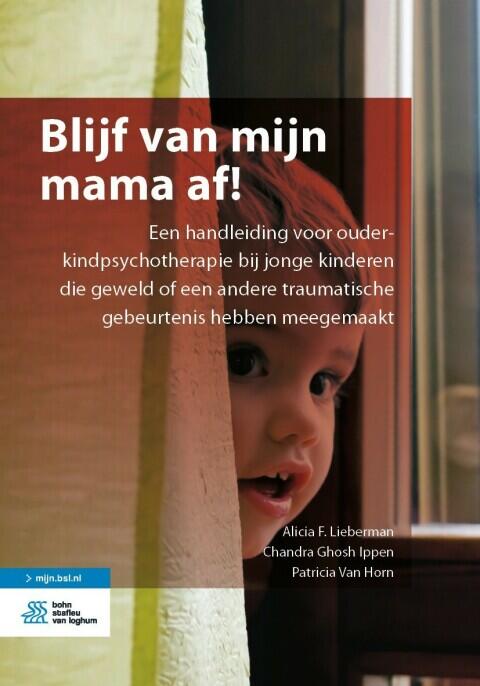
Blijf van mijn mama af!: Een handleiding voor ouder-kindpsychotherapie bij jonge kinderen die geweld of een andere traumatische gebeurtenis hebben meegemaakt
아직 평점이 없습니다
Health & Wellness
형식
킨들
페이지
441
언어
네덜란드어, 플라망어
출판됨
Jan 1, 2019
출판사
Bohn Stafleu van Loghum
판
1st ed. 2019
ISBN-10
9036821762
ISBN-13
9789036821766
설명
The work delves into the intricacies of parent-child psychotherapy, specifically designed for young children who have faced violence or other traumatic experiences. The authors combine their expertise to create a comprehensive guide that helps practitioners navigate the delicate emotional landscape of these young patients. Through a blend of theory and practical techniques, they emphasize the importance of restoring the child’s sense of safety and security while fostering strong connections with their caregivers.
In a sensitive and engaging manner, the book outlines the therapeutic processes that can help alleviate the emotional burdens carried by children and their parents. By focusing on the relational dynamics, it encourages healing through cooperative engagement, allowing both children and their caregivers to process traumatic memories together in a supportive environment.
The authors’ insights are grounded in years of research and real-world experiences, providing valuable perspectives on the challenges faced in these clinical settings. Each chapter offers practical tools and strategies aimed at building resilience and promoting healthier parent-child relationships.
This resource not only aids professionals in their practice but also offers hope to families seeking to navigate the often turbulent waters of trauma recovery. Ultimately, it stands as a crucial guide for anyone dedicated to supporting the emotional well-being of children suffering from the effects of trauma.
In a sensitive and engaging manner, the book outlines the therapeutic processes that can help alleviate the emotional burdens carried by children and their parents. By focusing on the relational dynamics, it encourages healing through cooperative engagement, allowing both children and their caregivers to process traumatic memories together in a supportive environment.
The authors’ insights are grounded in years of research and real-world experiences, providing valuable perspectives on the challenges faced in these clinical settings. Each chapter offers practical tools and strategies aimed at building resilience and promoting healthier parent-child relationships.
This resource not only aids professionals in their practice but also offers hope to families seeking to navigate the often turbulent waters of trauma recovery. Ultimately, it stands as a crucial guide for anyone dedicated to supporting the emotional well-being of children suffering from the effects of trauma.